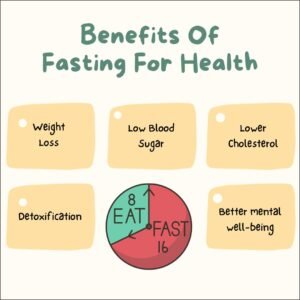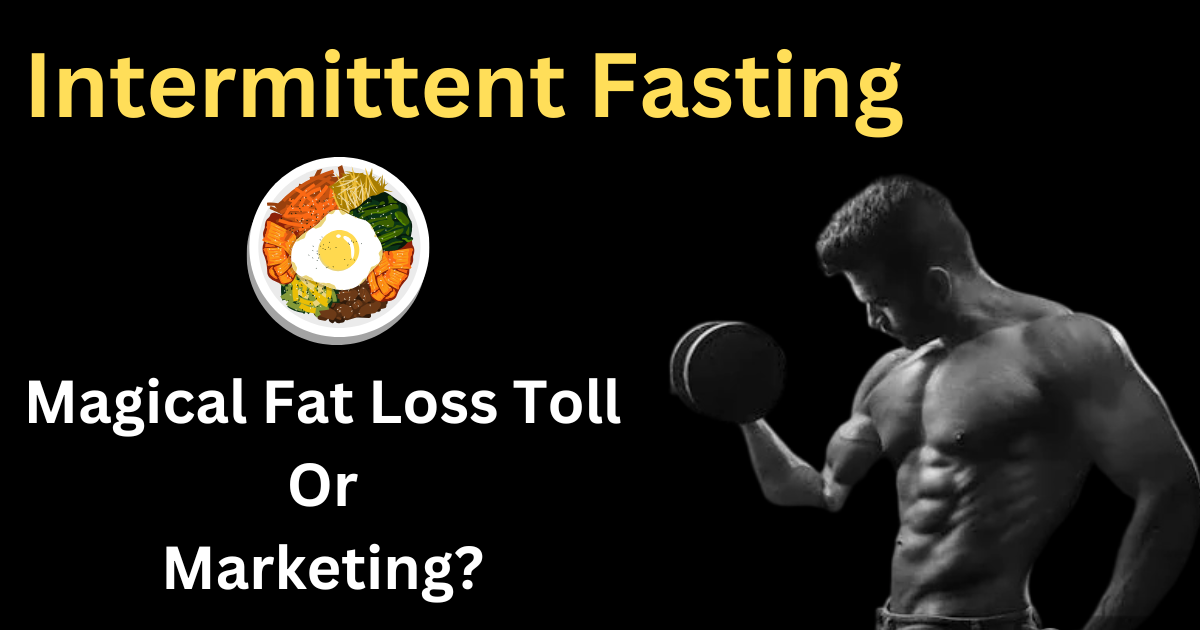Explore the Science Behind Intermittent Fasting, Tips, Potential Benefits, and Risks;-
Introduction to Intermittent Fasting (IF):-

What is Intermittent Fasting;
How Does IF Differ From Traditional Diets?
The Science Behind Intermittent Fasting:-
How the Body Reacts During Fasting Windows;
Fasting causes a lot of biological changes in the body. First, the body calls upon glucose stored from recent meals for energy. After 12-16 hours or so the body then transitions to utilizing fat stores, and creates ketones that are utilized as fuel for your brain. It is this metabolic switch referred to as ketosis that constitutes one of the most important mechanisms underlying fasting-associated health benefits.
Role of Insulin and Metabolic Stages;
Insulin stages decrease during consuming restriction, assisting the frame get entry to additionally stored lack. Studies display that decrease insulin stages not only enhance sell but also decrease the chance of form 2 diabetes by enhancing insulin sensitivity.
More Famous Types of Consuming Restriction:-
16/8 Method;
This entails one of the more famous methods. It commonly consuming restriction for 16 hours and devour during an 8-hour frame, typically between noon and 8 PM.
5:2 Activities;
In this method, participants eat typically for five times a week and restriction their energy consumption to 500-600 energy on two non-consecutive times.
Alternate-Day Fasting;
Proven Benefits of Intermittent Fasting:-
Weight Loss and Fat Burning;
Improved Insulin Sensitivity;

Cognitive and Longevity Results;
Risks and Considerations of Intermittent Consuming:-
Potential Side Results;
Individuals Who Should Keep away from Intermittent Consuming;
Pregnant or breastfeeding individuals, people with eating disorders, and individuals with certain clinical conditions should keep away from intermittent consuming or consult a healthcare provider before starting.
Practical Tips for Ingesting Attention to Intermittent Fasting:-
Strive Step by Step;
Stay Hydrated and Eat Important Meals;
Real Life Experience:-
My Story;
Conclusion:-
The program gives an effective device for those in search of assist to actually beautify metabolic health or even enhance thinking function. While it presents various benefits, it’s not a one-component-fits-all solution. Anyone considering this issuer should weigh the pros and cons and consult with a healthcare professional if necessary. By beginning slowly, staying hydrated, and listening to your body, you can make this fasting cause a sustainable part of your lifestyle.
FAQs about Intermittent Fasting:-
1) Can I charge brief studies during sluggish periods?
Yes, staying hydrated with water, herbal teas, or black coffee is recommended during sluggish periods.
2) Will intermittent fasting slow down my capabilities?
No, studies shows that IF might even improve metabolic rate in the short term.
3) Can I workout while fasting?
Yes, but concentrate on your body. Human beings prefer means of taking walks or yoga during sluggish periods.
5) How protracted does it take to notice outcomes from intermittent fasting?
Outcomes vary, but most people observe modifications in 2-4 weeks when paired with healthful ingesting habits.










Intermittent Fasting or 16/8 Rule: Does It Really Work? – socialpedia.io
kgywsmjevv http://www.g2c3h7j6o279n6t77z39du8flx2uxi70s.org/
[url=http://www.g2c3h7j6o279n6t77z39du8flx2uxi70s.org/]ukgywsmjevv[/url]
akgywsmjevv